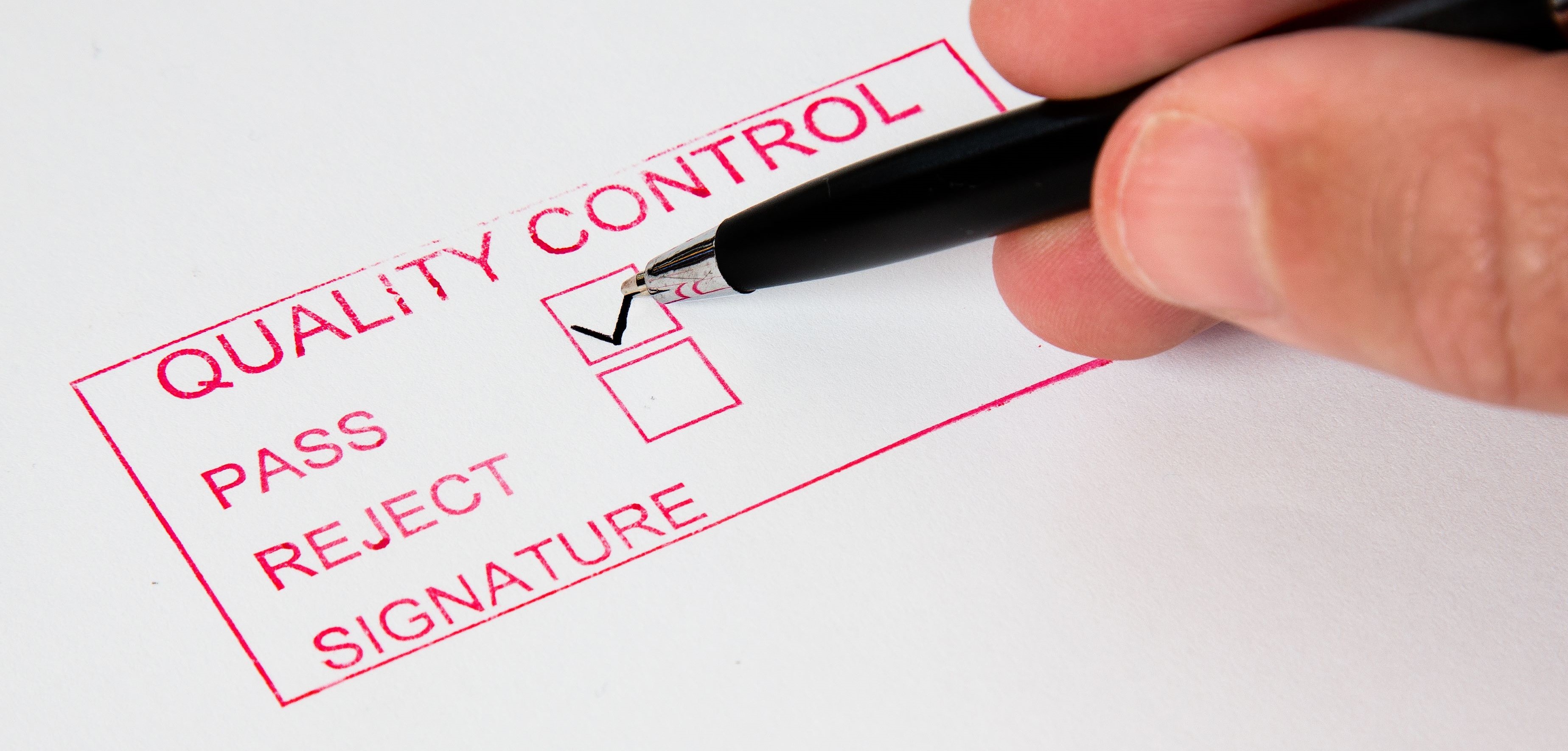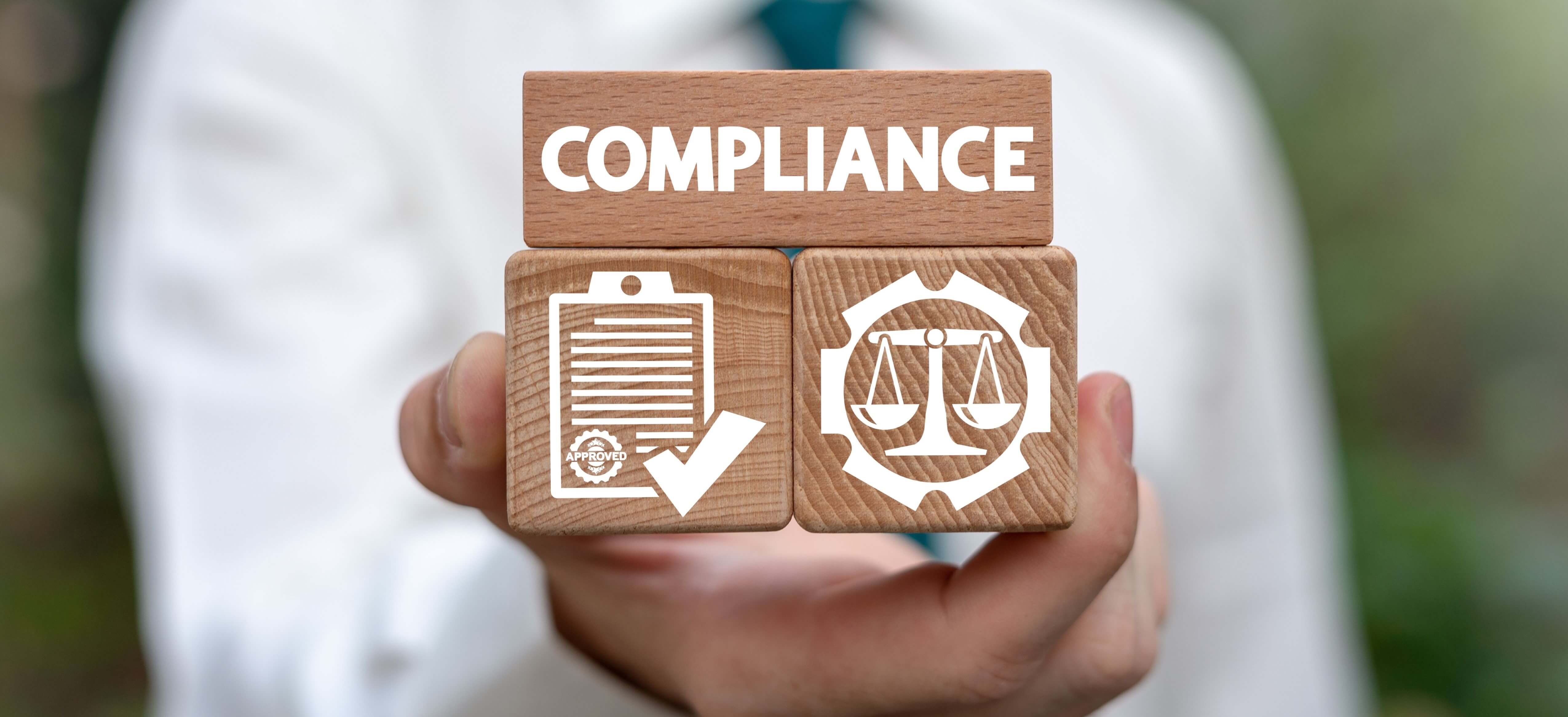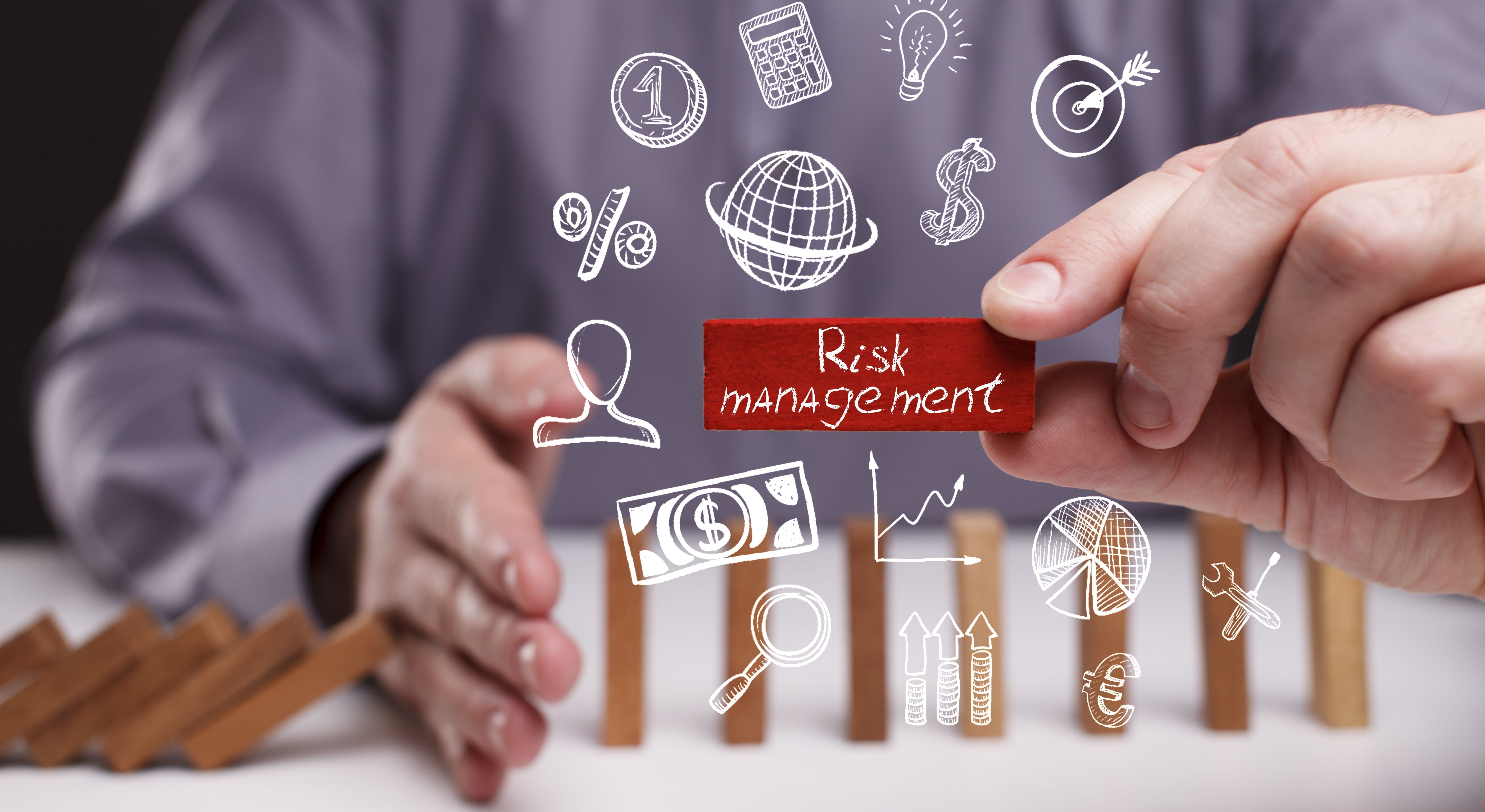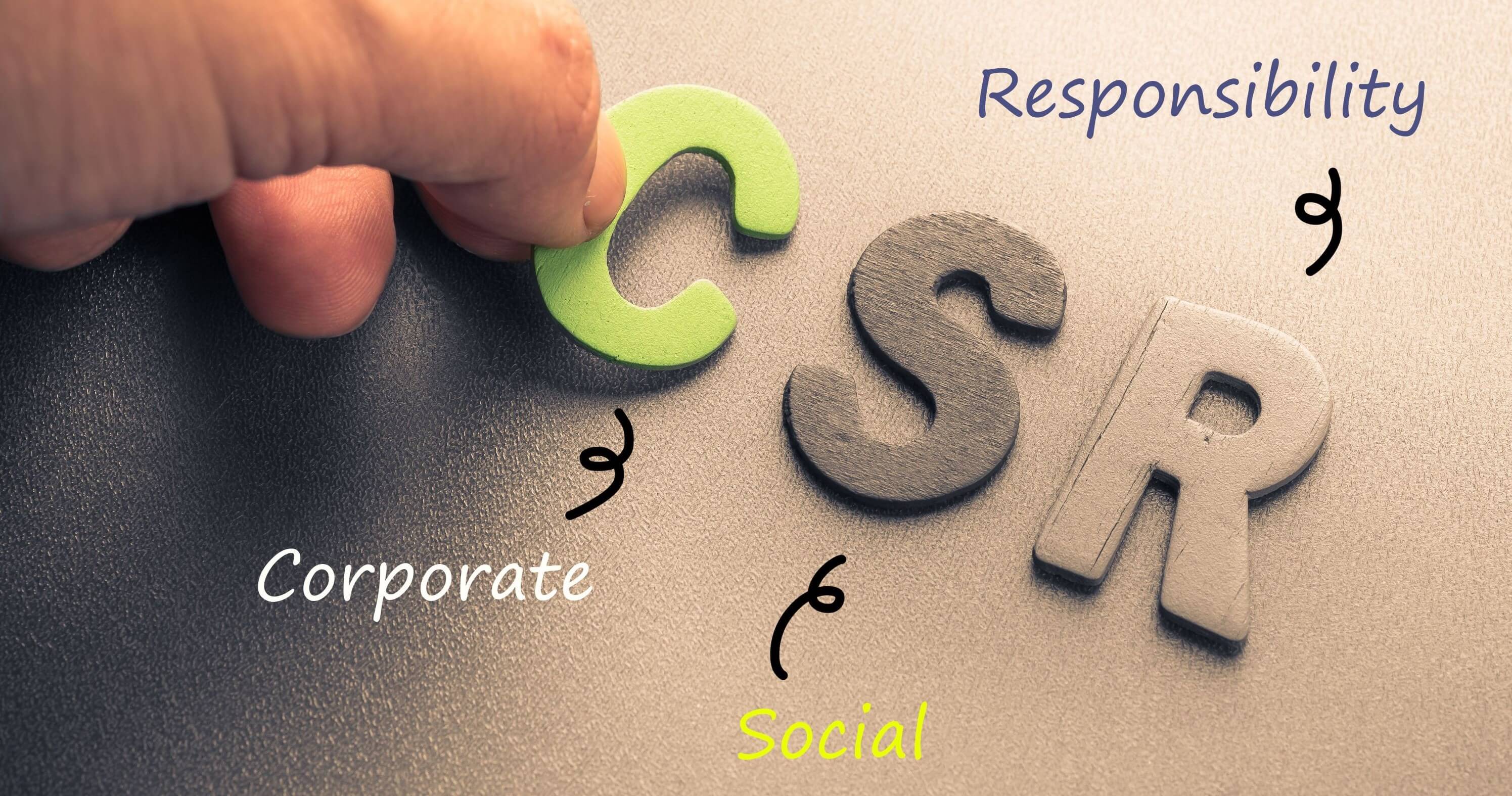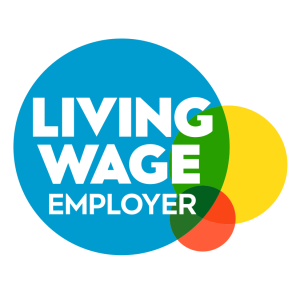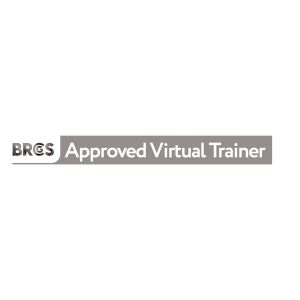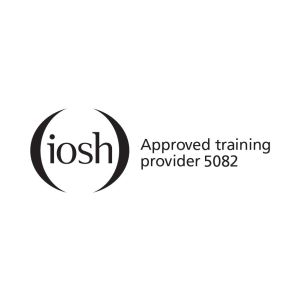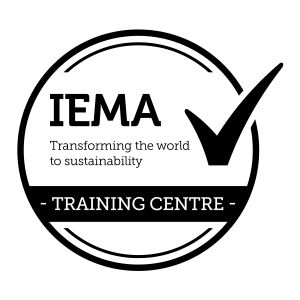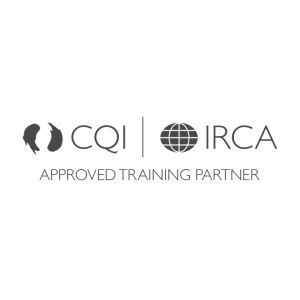
Managing Supply Chains – How does Auditing Help?
When everything is going smoothly and you least expect it - the unexpected happens. In industry this may mean your oldest, most reliable supplier, retires. Or your haulage partner just keeps dropping the ball. Or your raw material provider doubles their price. Sound familiar?
Therefore, planning for the unexpected is a business necessity.
Auditing plays a crucial role in this planning. It will provide a narrative on the business; what’s working flawlessly, what’s not, where the bottle necks are, where the inconsistencies are and much more insight that will help you predict future risks.
Supply chain auditing involves a systematic review and evaluation of various processes, components, and stakeholders within the supply chain to ensure compliance with standards, regulations, and best practices. The focus of the audit can be anything you choose but below are many of the common elements;
Quality Control - Auditing helps to monitor the quality of products and materials at various stages of the supply chain – catching potential errors before they arrive at your gates. By identifying defects or deviations from quality standards early, it enables the supplier time for correction and reduces the risk of delivering subpar products.
Compliance Assurance - Your business should never take on a supplier’s legal risks! Auditing ensures that all supply chain activities, from sourcing to distribution, adheres to legal and regulatory requirements. This includes environmental, labour, safety, and trade regulations. Compliance audits help avoid legal issues, fines, and reputational damage.
Risk Management - Audits identify potential risks within the supply chain, such as disruptions, bottlenecks, or vulnerabilities. By understanding these risks, companies can develop strategies to mitigate them, whether through contingency plans, alternative suppliers, or process improvements. You need to know about a risk before you can start to manage it.
Sustainability and Social Responsibility - Seen more and more in the media and rising up the agenda in boardrooms is Corporate Social Responsibility (CSR). Business can little afford to run the gauntlet in this area and auditing can help ensure that your supply chain partners meet environmental and ethical standards. This is increasingly important for companies aiming to meet consumer and regulatory expectations for responsible business practices.
There are many other areas that can be included in your supply chain audit and those most appropriate to your organisation's needs should be the focus.
A good supply chain audit programme should be created with the knowledge that both buyers and suppliers will benefit. The supplier should view the audit as ensuring their longevity of supply to the customer and developing the relationship to work with their customer to identify risks and mitigate them.
A supplier’s processes should benefit from the audit as any external measurement will drive good practice.
There is of course ‘the stick’ too. If suppliers fail to meet the performance standards that you require then robust SCM will identify the problem and the search for alternatives can begin.
Auditing is a critical part of effective supply chain management and its value cannot be overstated. Without a competent and confident audit team businesses supply chain strategy relies heavily on good fortune alone – a ‘risk position’ no organisation should be in.
At iqms Learning we can help you develop your supply chain management strategy, implement it and train your people to use it effectively, helping to ensure you have confidence that your suppliers are reliable partners.
If you would like to discuss how to get the most from your supply chain management program contact us today on 0191 5166191 or https://iqmslearning.co.uk/contact.


